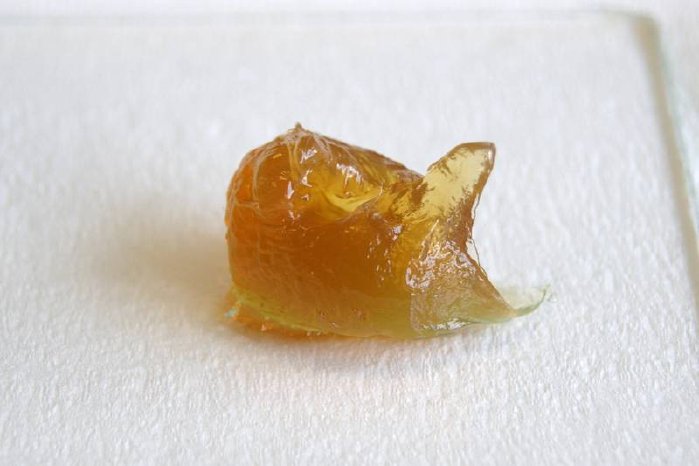Lubricants are used to reduce friction and wear in machines. They can also contribute to cooling, are used as sealants or protect against corrosion. Solid film lubricants are also used in a wide variety of applications, for example in screw connections, seat belt buckles or hinges, but also on door panels, cover panels or leather seats in cars to prevent noise such as squeaking and creaking during driving. The special property of solid film lubricants is that they form a thin, dry sliding layer that reduces friction and wear on abutting surfaces. To ensure that lubricants in general provide optimum performance in a wide range of applications, additives such as thickeners or binders are added to them. However, these are still usually petroleum-based.
The partners in the "PHAt" project are developing environmentally compatible thickeners and binders based on a substance class of naturally occurring biopolymers, so-called polyhydroxyalkanoates (PHA). The PHA originate from special microorganisms that produce these molecules as storage material. After many optimization steps in PHA production, the project partners have now reached the threshold of semi-industrial scale production, which in the foreseeable future might even be economically feasible. In a subsequent step, the PHAs will be chemically modified in order to vary and optimize their properties. In several application tests, the project partners have now shown that the modified PHA have a good thickening and crosslinking effect.
Project coordinator Dr. Inna Bretz from Fraunhofer UMSICHT explains: "Since the results are quite positive, we are already planning to continue our cooperation after the end of the funding period".
In addition to the research institute Fraunhofer UMSICHT, Fritzmeier Umwelttechnik GmbH & CO. KG performs the biotechnological production of PHA and UnaveraChemLab GmbH runs the chemical PHA modification. The major company FUCHS Schmierstoffe GmbH is testing, in cooperation with FUCHS LUBRITECH GmbH, the application of the new thickeners and binders in lubricants and bonded coatings and intends to eventually market them.
The project will be presented at the Biolubricant Conference of the Fachagentur Nachwachsende Rohstoffe e.V. in Braunschweig on 17th and 18th June 2020. The project partners receive funding of approximately 1.25 million euros for three years from the Federal Ministry of Education and Research as part of the "Tailor-made biobased ingredients for a competitive bio-economy" funding measure. The project was initiated within the "BioPlastik" cooperation network, which is managed by IBB Netzwerk GmbH.
Project website: www.phat-projekt.de

